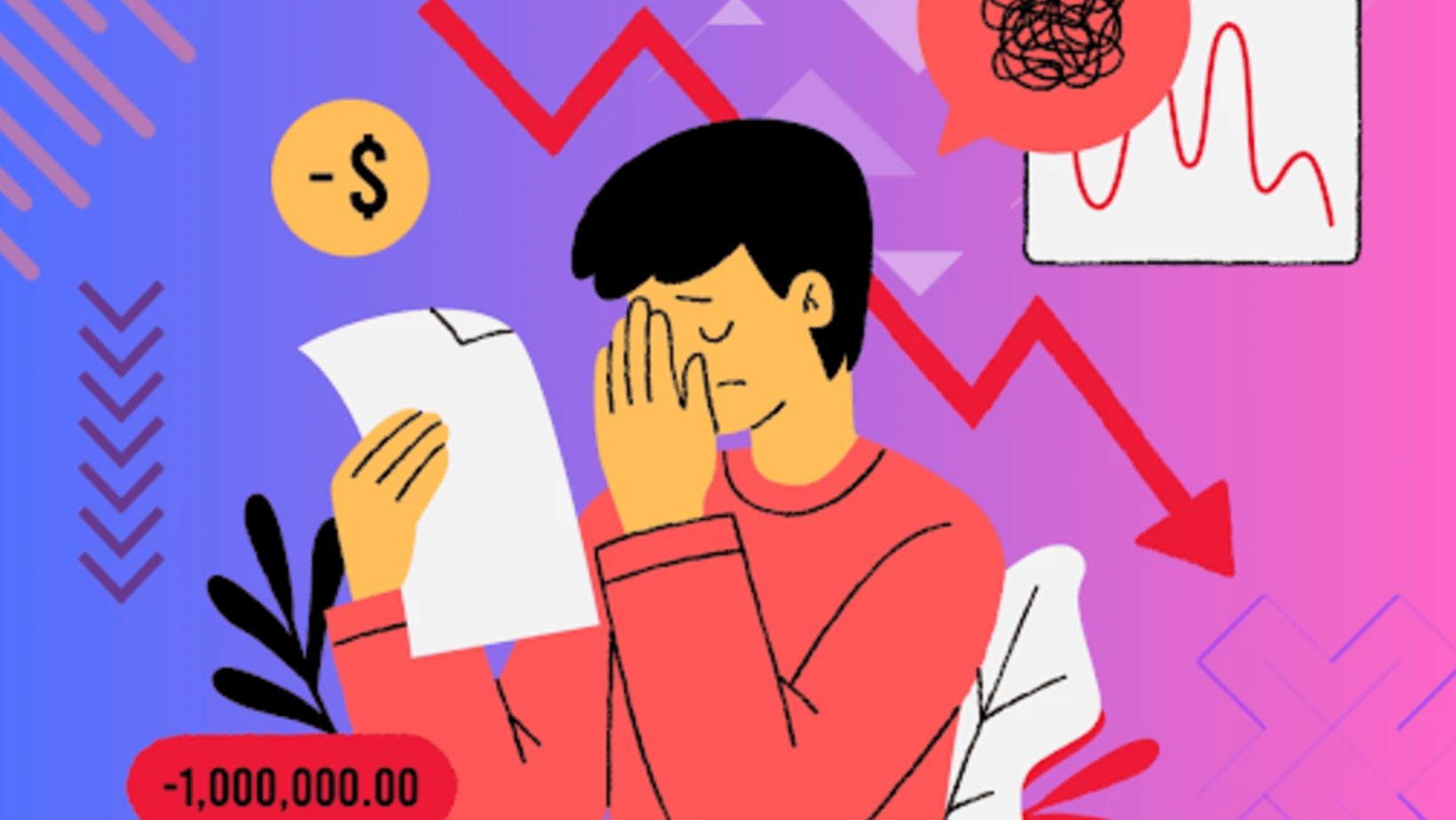
At first glance, sports wagering is an innocent form of entertainment that is already normalized in the modern world. However, this activity can bring unpleasant surprises when users are unable to control their betting habits. Chasing losses is one of the most destructive behaviors among punters who continue depositing to win back after unsuccessful predictions. On the surface, it looks like optimism. But in the long run, such behaviors lead to mental health issues. Understanding why bettors chase losses is a way to discover how the human mind handles risk, emotion, and reward.
Online Betting: The Digital Emotional Rollercoaster
No matter how well you know the game, betting on sporting events involves a significant level of uncertainty. Wagering is often not about money, but rather focuses on emotion. When a user places a bet, a feeling of anticipation triggers dopamine release. This neurotransmitter is linked to pleasure and satisfaction, and, surprisingly, it isn’t only connected to wins.
When a bet pays off, the brain reinforces the behavior, making players more likely to do it again. But when they lose, they experience a completely different set of emotions. These include anxiety, disappointment, and, most importantly, the desire to fix the problem. Many gamblers mention that they don’t actually aim to win money back. Instead, they want to return the feeling of satisfaction. As betting is synonymous with uncertainty, both beneficial and unsuccessful outcomes are possible. Hence, users can easily fall into this trap.
The Illusion of Control
Many bettors who have been in the sector for a while are confident that their experience gives them a competitive advantage. They explore a lot of statistics, understand how odds are formed, and can sometimes even predict typical patterns in a specific sport. These insights create the illusion of control in 1xBet mobile apps, while in reality, probabilities remain the same. Here are some common examples:
- Gamblers’ Fallacy: users think that a losing streak means they are “due” for a win soon
- Selective memory: memorizing wins more than losses and believing that skill guides success
- Superstitions and rituals: wearing specific clothing or holding a lucky charm during the session
- Overconfidence in analysis: seeing trends or patterns in random events
Experience cannot decide everything in a high-risk sector, so punters must always remain realistic. Betting is unpredictable, and a losing streak never means that the coveted victory is right around the corner. Of course, analysis is an important step in placing informed sports predictions, but never overestimate your knowledge.
Loss Aversion: Why Losing Hurts More Than Winning Feels Good
Psychologists discovered that humans feel the pain of loss about twice as strongly as they feel the pleasure of an equal gain. In simple words, losing $100 in a bookmaker app brings more emotions than winning the same amount of money. This phenomenon is known as loss aversion, and it explains the difficulty of recovering after an unsuccessful bet. The emotional discomfort of losing pushes them to take increasingly risky bets to stop a losing streak, and it can eventually result in chasing losses. Unfortunately, this same drive can distort rational thinking. Instead of evaluating each new wager independently, a bettor sees attempts to return their money as the only solution.
Why Chasing Losses Is Dangerous?
Users falling into this trap typically continue to invest money and place bets, which are often impulsive. When this trigger is already activating, stopping and recognizing harmful habits is complicated for players. This condition can result in the development of compulsive gambling habits.

Many underestimate the severity of this problem, but it’s more dangerous than most punters could ever imagine. Gambling addiction requires long-lasting treatment, and the lack of timely intervention can worsen the situation.
How to Break the “Chasing Losses” Cycle?
Avoiding compulsive habits isn’t complicated if users know the basic rules of responsible betting. First, adrenaline takers must distinguish how much they can afford to invest in this entertainment and be ready to lose the entire stake. In this context, gambling-related activities are perceived as entertainment, not a source of income, and emotional swings during failures become less noticeable. Separating impulses from rational decisions is also important. After a loss, users should sit back and reconsider their gaming habits instead of placing another wager. This analysis is critical for identifying the patterns that led to this outcome and for avoiding similar mistakes in future betting sessions.
Reframing your perspective is another efficient solution when you feel like you are falling into the trap of chasing losses. Treat every bet as a completely independent event, without connecting it to your previous experiences in the mobile bookmaker app. Punters should never forget that each outcome is random, and past results do not influence future results.
If you are unable to cope with temptations, seek help. Multiple non-profit organizations assist punters affected by the first symptoms of gambling-related disorders. As a rule, reputable mobile bookies add links to these services on their official apps, allowing members to access them without delay.
